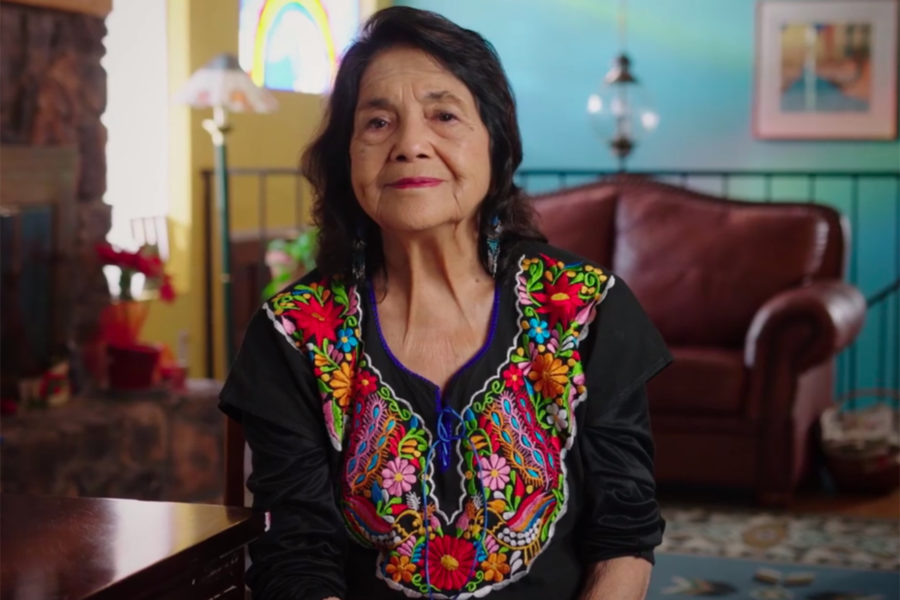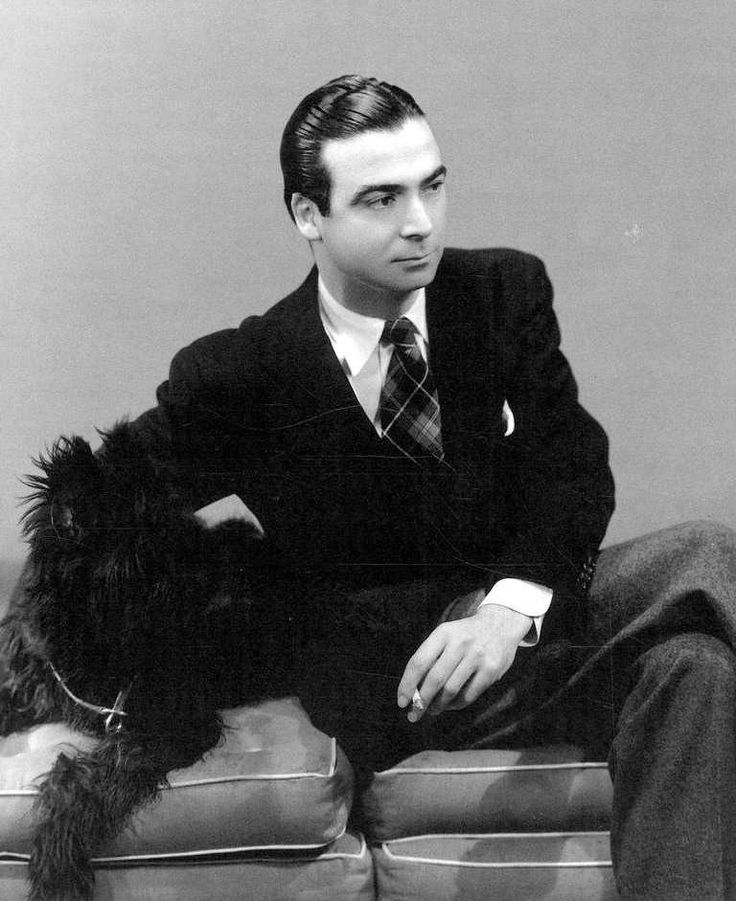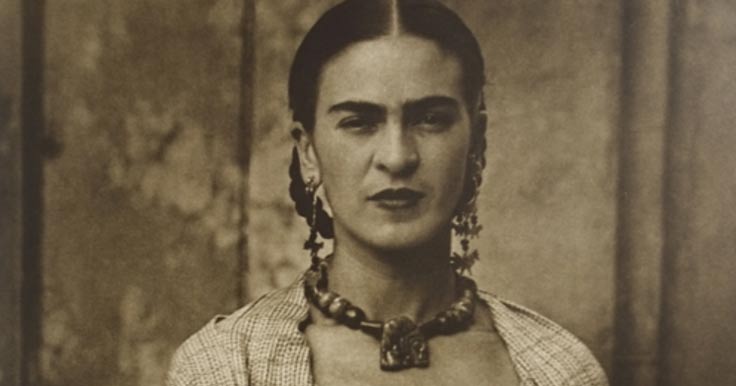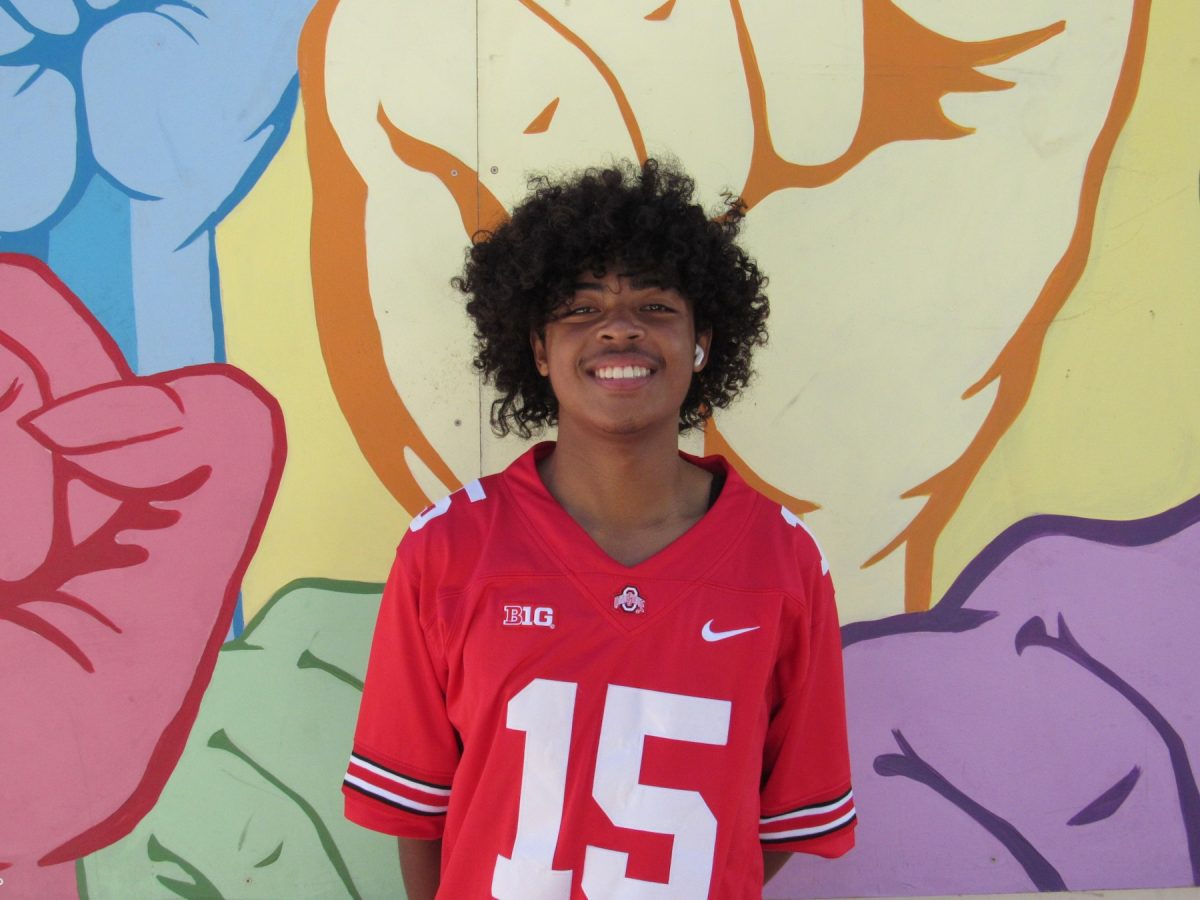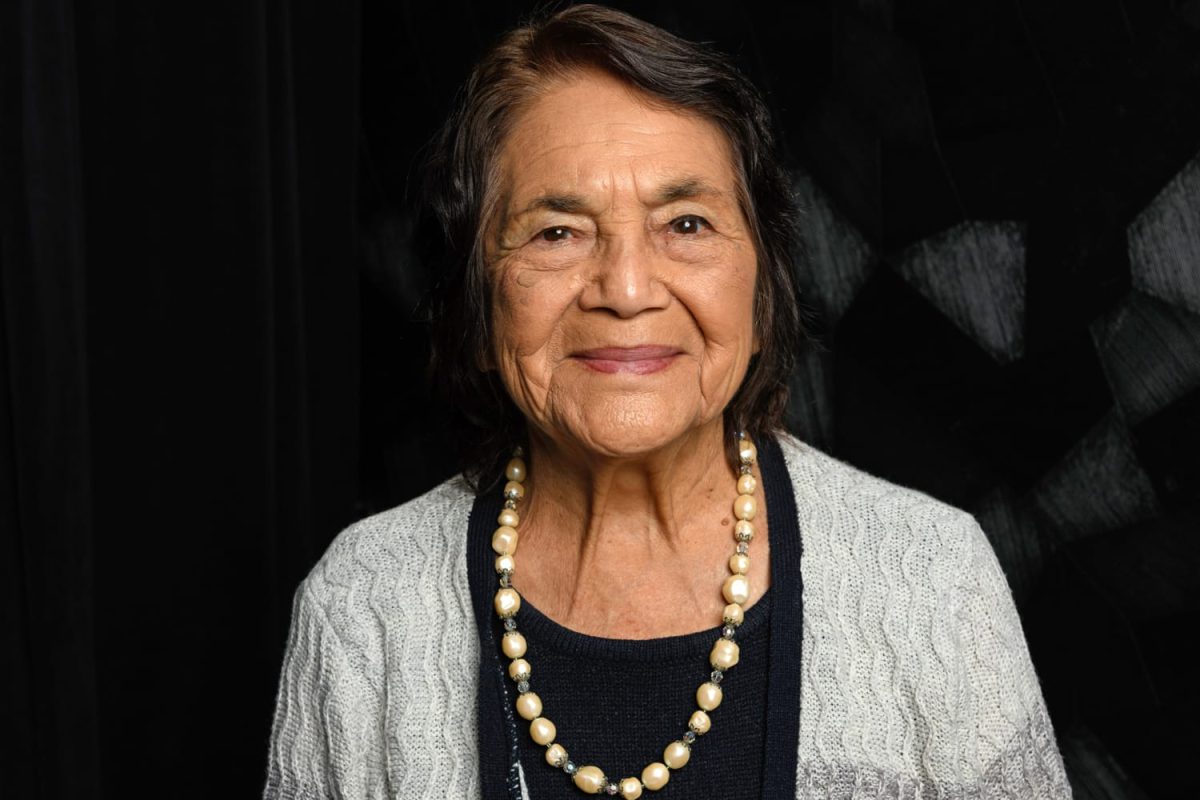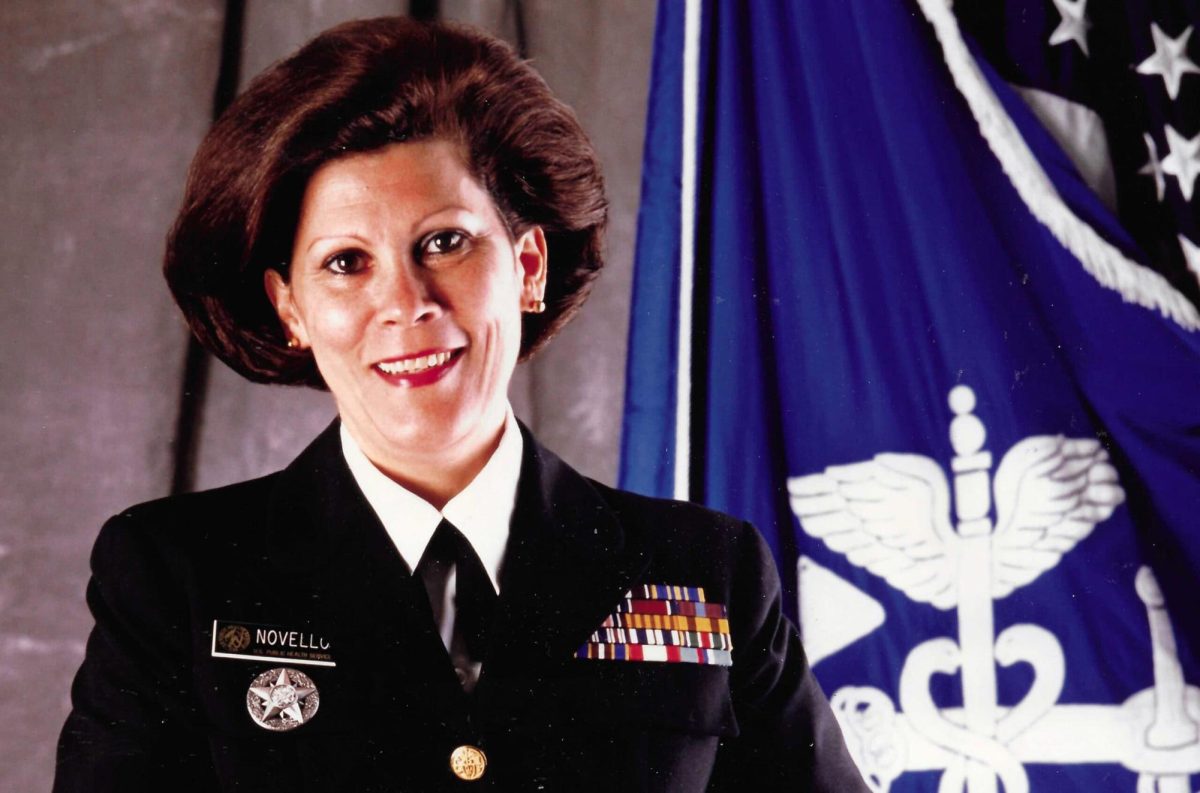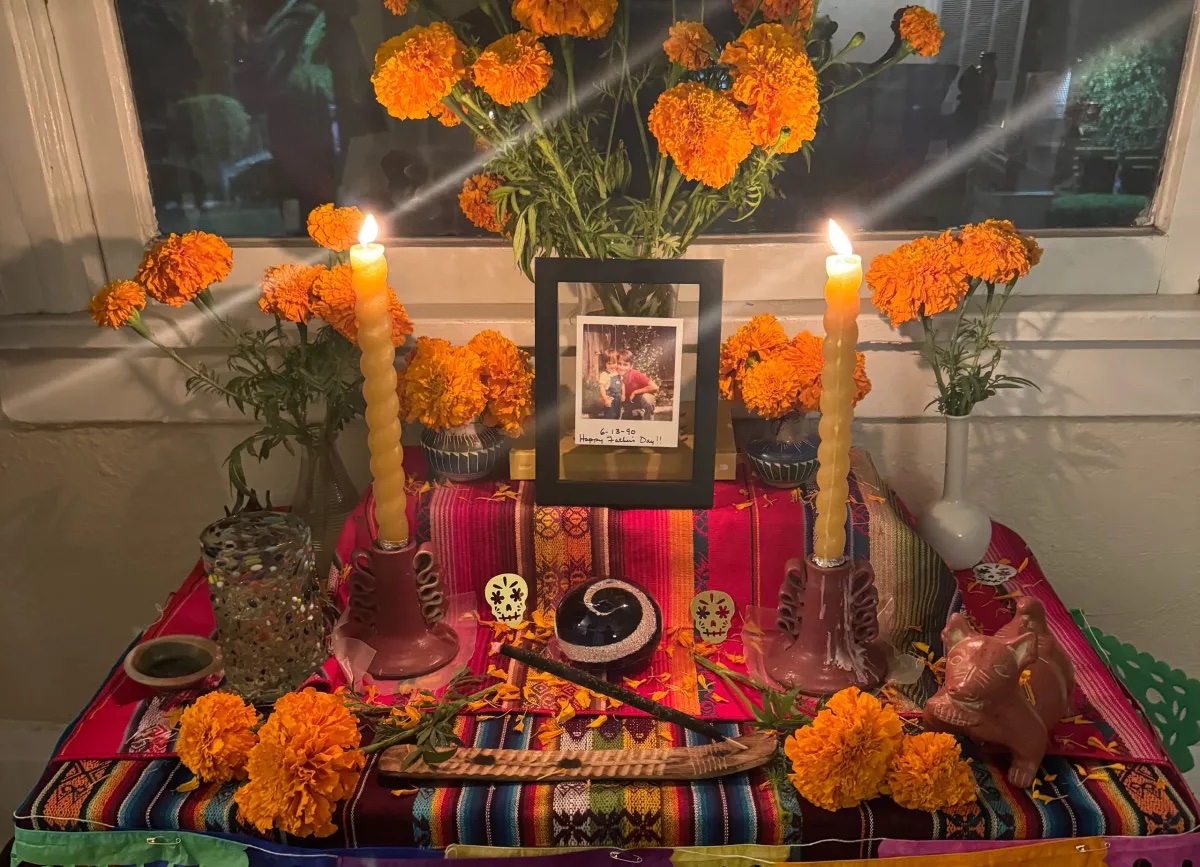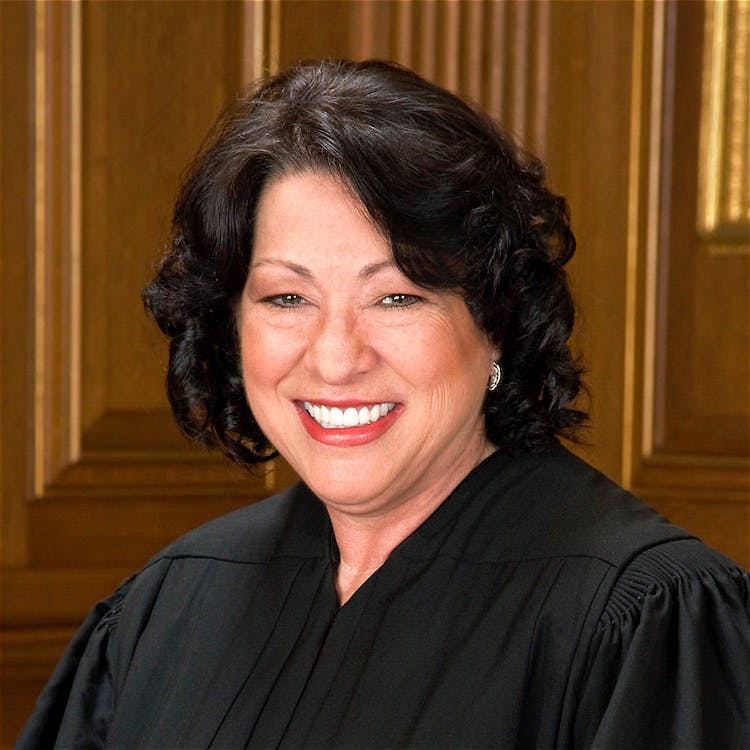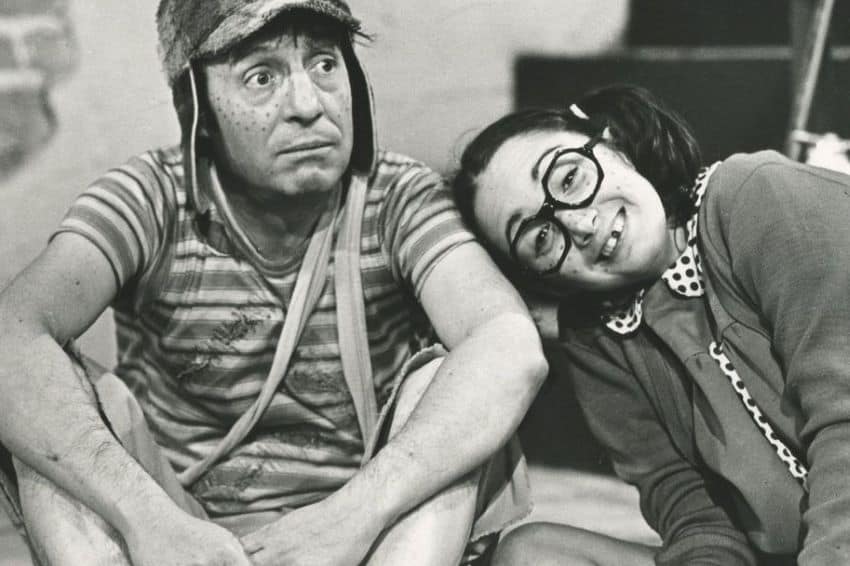Dolores Huerta was an American Labor activist and a leader of the Chicano civil rights movement. Huerta was born on April 10, 1930 in Dawson, New Mexico. She had two siblings and was the middle child. Her parents divorced when she was young, and later moved to California.
Growin up she was strongly influenced by her mother, because her mother would often take part in community activism and the compassionate treatment of workers. Huerta would also face a lot of challenges like discrimination and her teacher accusing her of cheating because her papers were too well written. Not only would she face problems in her life but also her family. Her younger brother had been racially attacked by a group of white men. But that still hadn’t motivated Huerta to pursue becoming an activist. What finally did it, was that in the 1950s Huerta was a teacher, but she noticed a bunch of farm children coming to school hungry and that encouraged her to want to help by organizing farmers and farm workers. In 1955, she co-founded the Stockton chapter of the community service organization, and she also founded the Agricultural Workers Association.
Huerta would later go on to meet Cesar Chavez at a civil society organization association meeting. Both Huerta and Chavez would go on to found the National Farm Workers Association (NFWA), which three years later would become the United Farm Workers (UFW). Huerta served as the UFW vice president all the way to 1999.
During Huerta’s time as an activist, she manage to accomplish many great things such as helping organize the 1965 Delano Strike, organizing workers, negotiated contracts, recommended safer working conditions with the addition of getting rid of harmful pesticides, fought for unemployment, suggested health care benefits for agricultural workers, and was also the driving force behind the nationwide table grape boycotts in the 1960s which led to a successful Union contract by 1970.
Till this day her work is still remembered as she has helped many people like her and has made better wages and conditions for her people, and her legacy will never be forgotten.

